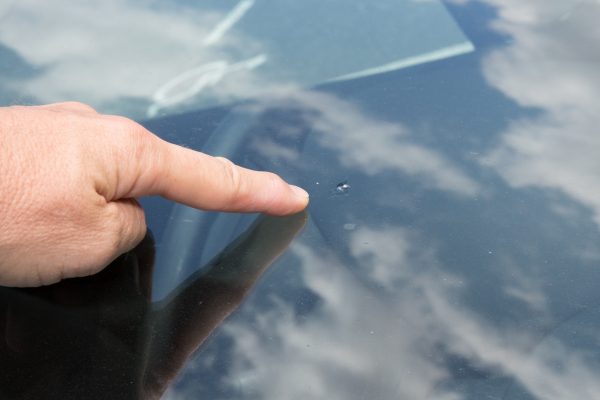This is regularly asked by clients.
The Unfair Contract Terms Act 1977 directs how far a seller can go in eliminating liability.
The Act covers limitation, exemption clauses and indirect clauses that attempt to limit liability. Some exclusion clauses will be completely unenforceable and others may be valid if they are deemed as reasonable.
Sections 6 and 7 of the Act sets out ways to eliminate implied terms set out in the Sales of Goods Act and Supply of Goods and Services Act against a buyer. However, these sections highlight that you can only exclude this liability in a sale to another business provided it’s reasonable.
A seller, when selling goods to another business (trade to trade) using their own written standard terms and conditions can exclude other types of liability but only if it’s reasonable to do so. You cannot eliminate liability for negligence causing death or personal injury.
Consideration must be given to the circumstances known to both parties at the time the contract was made in order to determine whether an exclusion clause is fair and reasonable. The Act includes guidelines on how to regulate how reasonable an exclusion clause is. If there is a disagreement, the court may take into account any factors it thinks are applicable.
But contracts with consumers are treated more strictly. The Consumer Rights Act 2015 governs attempts to limit or exclude liability to consumers and makes specific exclusion clauses invalid.
The Consumer Rights Act 2015 in effect, consolidates the provisions that apply to consumers under the Unfair Contract Terms Act 1977 and the Unfair Terms in Consumer Contracts Regulations 1999.
Any clauses in the contract that attempt to reduce or remove these duties in relation to a consumer will be invalid. Also any clause that dismisses or limits the liability of the seller for death of or personal injury to the consumer triggered by the seller’s negligence is invalid.
A term is considered unfair if it’s contrary to good faith and causes a substantial unevenness in the rights and duties of the parties to the disadvantage of the consumer.

Composer is a next-gen automotive platform that has been designed from the ground up to give you an intuitive way to promote your stock. You have extensive stock management options, and you'll gain a brilliantly responsive new website to advertise your stock, starting at just £39.99/month.
Part 1 of Schedule 2 of the Consumer Rights Act 2015 gives examples of terms which might be seen as unfair. Such as:
- Make the consumer accomplish all their commitments where the supplier doesn’t perform theirs.
- Make the consumer pay a excessively high sum if they don’t achieve a responsibility under the contract.
- Allow a seller to end an unfixed contract without reasonable notice and without a serious reason.
- Spontaneously lengthen a fixed-term contract if the consumer doesn’t object, when the time limit for the consumer to object is early.
Therefore if you are providing services to and selling goods to a consumer then you cannot restrict the Consumer Rights Act 2015.
If you are selling a vehicle which has a broken wing mirror, then ensure this is included in the advert. When the consumer inspects the vehicle, ensure to bring this to their attention and then make a note of this on the sales invoice for them to sign. If the consumer then contacts you in regards to the broken wing mirror, no liability will be owed. This is because they purchased the vehicle with the broken mirror and was aware. This then formed part of the agreement.








